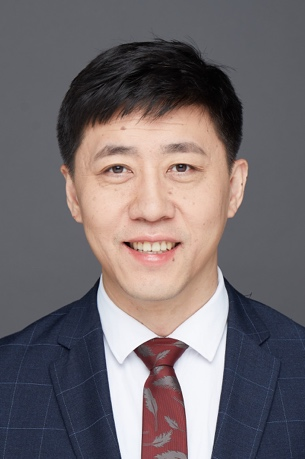Abstract:Genome sequencing projects have revolutionized our view of the complexity of prokaryotic and eukaryotic proteomes, however, we are also left with a daunting challenge of functionally annotating these large number of predicted proteins. Chemical proteomic methods, such as activity-based protein profiling (ABPP), have been developed aiming at systematically discovering new functional targets directly from native proteomes. In this talk, I will present recent progresses from my laboratory which combine ABPP-based chemical proteomic, biochemical and computational strategies to uncover functional sites of post-translational modifications by reactive metabolites in proteomes.
Biography
Dr. Chu Wang received his bachelor degree in biology from University of Science and Technology of China (USTC) in 2001. He got his Ph.D. in 2007 from University of Washington under the guidance of Professor David Baker, training in the area of computational protein structural prediction and design. He then worked as a postdoctoral fellow with Professor Benjamin Cravatt at The Scripps Research Institute, Lo Jolla, and developed multiple chemical proteomic methods to profile reactive cysteines and modifications in proteomes. In 2014, he joined College of Chemistry and Molecular Engineering, Peking University as a tenure-track assistant professor of Chemical Biology and was promoted to the full professorship in 2020. Currently he is also appointed as a Principal Investigator at the PKU Synthetic and Functional Biomolecules Center (SFBC) and the PKU-Tsinghua Center for Life Sciences (CLS). His research interest is to develop chemical and computational proteomics methods to enable quantitative profiling of functional enzymes, protein post-translational modifications as well as protein-ligand interactions in proteomes. He received the “ICBS Young Chemical Biologist Award” from International Chemical Biology Society in 2018 and the “Distinguished Young Scholars Award” from National Natural Science Foundation of China in 2019.

